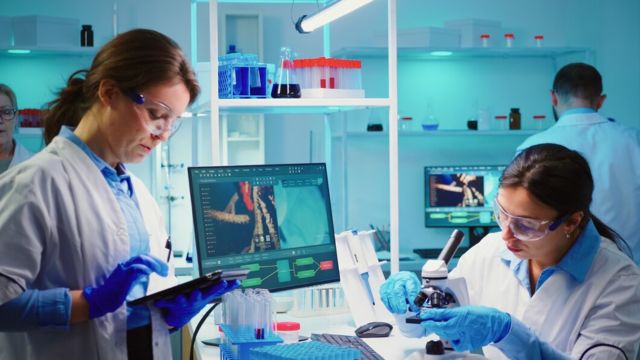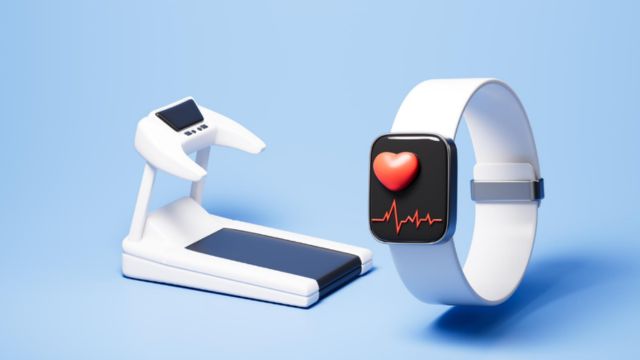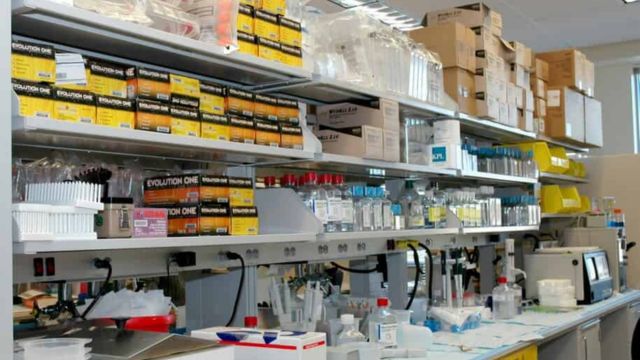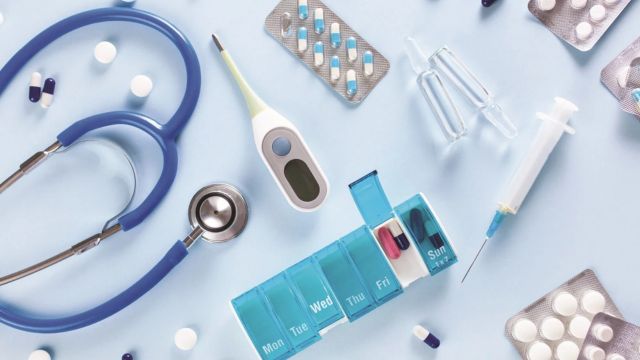A specialist field bridging engineering principles with healthcare practices, clinical engineering guarantees the safe and efficient use of medical devices and systems in healthcare environments. Maintaining, controlling, and developing medical equipment essential to patient care depends on clinical engineers, who are quite important in the healthcare sector. A effective clinical engineer must combine technical knowledge, practical experience, and a broad spectrum of abilities.
This is a comprehensive overview on the skills and training needed to succeed as a clinical engineer.
1. Educational Qualifications
The foundation of a clinical engineer’s job starts with a strong engineering education. Most often used academic route is a Bachelor’s degree in Electrical Engineering or Biomedical Engineering. Usually combining mechanical, electrical, and biological sciences, biomedical engineering programs give students a thorough awareness of how technology interacts with healthcare.
Certain colleges additionally provide undergraduate and postgraduate specialised degrees in clinical engineering. These courses concentrate on subjects like engineering concepts applied in healthcare and cover:
-
Medical equipment design and functionality
-
Healthcare technology management
-
Human anatomy and physiology
-
Regulatory standards and healthcare compliance
Postgraduate Education:
For those seeking to enhance their expertise, a Master’s degree in Clinical Engineering or Biomedical Engineering can be beneficial. This advanced education often includes courses in:
-
Advanced medical instrumentation
-
Healthcare systems engineering
-
Medical device regulations (FDA, ISO standards)
-
Data analytics in healthcare
Having a master’s degree or even a Ph.D. in a related field provides clinical engineers with the opportunity to engage in research, teaching, or higher-level management positions in hospitals or medical device companies.
2. Internships and Practical Experience

Although in the subject of clinical engineering theoretical knowledge is vital, practical experience is very essential. Aspiring engineers can put their academic expertise to use in healthcare environments by means of internships, co-op programs, or resident projects.
During internships, clinical engineering students:
-
Gain hands-on experience in medical equipment maintenance and troubleshooting
-
Learn to interact with medical professionals to understand clinical needs
-
Work with multidisciplinary teams, including doctors, nurses, and technicians
-
Get exposed to healthcare regulations and quality assurance processes
-
Understand the importance of patient safety when managing complex medical equipment
Practical experience also includes participating in clinical research or technology assessments that allow clinical engineers to stay at the cutting edge of medical innovation.
3. Key Skills for Clinical Engineers
Apart from formal knowledge and actual experience, clinical engineers have to acquire a certain set of technical and interpersonal abilities. The essential abilities listed below help one to become a great clinical engineer:
-
Technical Skills:
-
Medical Device Knowledge: A deep understanding of how medical equipment functions is vital. Clinical engineers need to know about life-saving machines like ventilators, ECG machines, MRI scanners, and defibrillators.
-
Problem-Solving & Troubleshooting: Clinical engineers must quickly diagnose and fix issues with malfunctioning equipment to minimize downtime and maintain patient care.
-
Programming and Software: Knowledge of medical device software, embedded systems, and the ability to work with programming languages (C++, Python, etc.) is increasingly important.
-
Electrical and Mechanical Systems Understanding: Familiarity with electrical circuits, mechanical systems, and how they work together in medical devices is crucial.
-
Regulatory Knowledge: Clinical engineers must have expertise in healthcare regulations, such as the FDA guidelines, ISO 13485, and the Health Insurance Portability and Accountability Act (HIPAA) to ensure compliance with safety standards.
-
-
Communication Skills:
Clinical engineers often work with doctors, nurses, and healthcare administrators, so strong communication skills are essential. Whether explaining technical problems to non-technical staff or providing training on new equipment, clear and effective communication is a critical aspect of the job. -
Project Management Skills:
Clinical engineers frequently manage multiple projects, from equipment installation to technology upgrades. Having project management skills enables them to keep track of timelines, budgets, and resource allocation effectively. -
Attention to Detail and Accuracy:
Medical devices are integral to patient safety. Clinical engineers must ensure that all equipment is functioning properly and safely. This requires precision, keen observation, and an unwavering attention to detail. -
Teamwork and Interpersonal Skills:
The clinical engineering field requires constant collaboration with medical staff. Being able to work well in teams, understand the needs of doctors and nurses, and support them in utilizing technology efficiently is crucial.
4. Certifications and Continuing Education
In addition to academic credentials and hands-on experience, clinical engineers are often encouraged, or even required, to obtain certifications to enhance their qualifications and expertise:
-
Certified Clinical Engineer (CCE): Offered by the American Board of Clinical Engineering (ABCE), this certification demonstrates a high level of expertise in clinical engineering.
-
Biomedical Equipment Technician (CBET): This certification is ideal for engineers focused on the technical maintenance of medical devices.
Continuous learning is essential, as the field of medical technology is constantly evolving. Clinical engineers must stay updated on new technologies, innovations in medical devices, and changes in healthcare regulations. This can be done through:
-
Workshops and training programs
-
Online courses
-
Industry conferences
-
Professional journals and medical device expos
5. Career Path and Growth
The demand for clinical engineers continues to grow as the healthcare industry embraces new technologies and more advanced medical devices. Clinical engineers may work in hospitals, medical device companies, or even government agencies. Over time, they can advance into roles such as:
-
Senior Clinical Engineer
-
Clinical Engineering Manager
-
Director of Healthcare Technology Management
-
Research and Development Engineer
Furthermore, clinical engineers can transition into roles like healthcare consultant or regulatory affairs specialist if they develop an interest in policy or advisory work.
Conclusion
Successful clinical engineering calls for a combination of great technical understanding, practical expertise, and fundamental soft skills. Aspiring clinical engineers will be able to flourish in this exciting discipline with a strong basis in engineering, ongoing education, practical experience, and a dedication to patient safety and innovation. The need of clinical engineers will always be great in making sure that medical devices are used properly, safely, and effectively as the healthcare sector depends more on sophisticated technologies.
Looking for reliable medical, clinical, and manufacturing supplies? Visit J & J Supplies today to explore our premium range of products designed to meet the highest industry standards. Shop now and ensure your business gets the quality it deserves!








